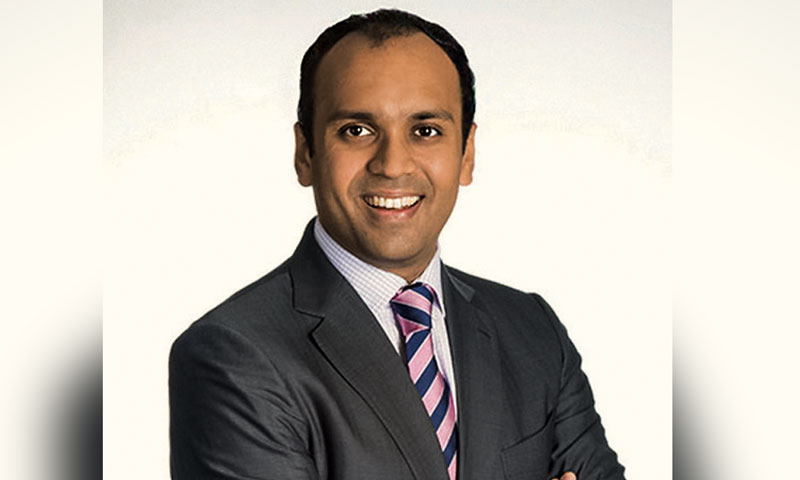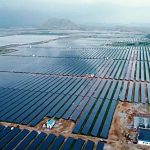Sterlite Power secured 6 projects at an investment of roughly USD 1 bn, securing about 65 percent of the capex under auction.
July 12, 2018

In the recently concluded auction for transmission projects in Brazil, Sterlite Power emerged as the largest winner, clinching 6 lots at an investment of roughly USD 1 bn, securing about 65 percent of the capex under auction. While most of Brazil’s power supply historically came from large hydro power plants, renewable energy is coming up to in a big way to replace hydro and meet the rising power demand. This renewable capacity is generally located far away from the demand centers and requires long connections to be served by these lines. These critical projects will largely help move renewable power from northern and north eastern parts of Brazil with southern and southeastern regions where the load centers are located.
By 2026, the total electricity consumption of the country is forecasted to increase to 741 TWh, indicating an average annual growth of 3.7 percent per annum. To cater to this jump in demand, a 64.1 GW expansion in installed capacity of the National Interconnected System (SIN) is planned over the next 10-year period.
Talking about Brazil and company’s investment in the region, the Group CEO of Sterlite Power, Pratik Agarwal said, “Brazil requires an incremental 61,800 km in transmission lines, and an increase of 199,200 MVA capacity. This translates to an investment of ~R$ 119 billion (USD 30.8bn) in the ten-year period (2017-26). Along with the size of the opportunity, these projects allow us to live our core of empowering humanity by addressing the toughest challenges of energy delivery. This makes the market very attractive to us and we have already committed ~USD 1.7 bn of the planned USD 4 bn in the region. We intend to develop global partnerships to execute our global portfolio of projects.”
Brazilian power sector is characterized with policy and regulatory maturity. Given the strong contractual framework, including long concession tenures (30 years), inflation-protected revenues (which help lower the forex risk), and auction-based bidding for projects which happen on a pre-announced cadence, the Brazil market presents an ideal setup for any private transmission player.




